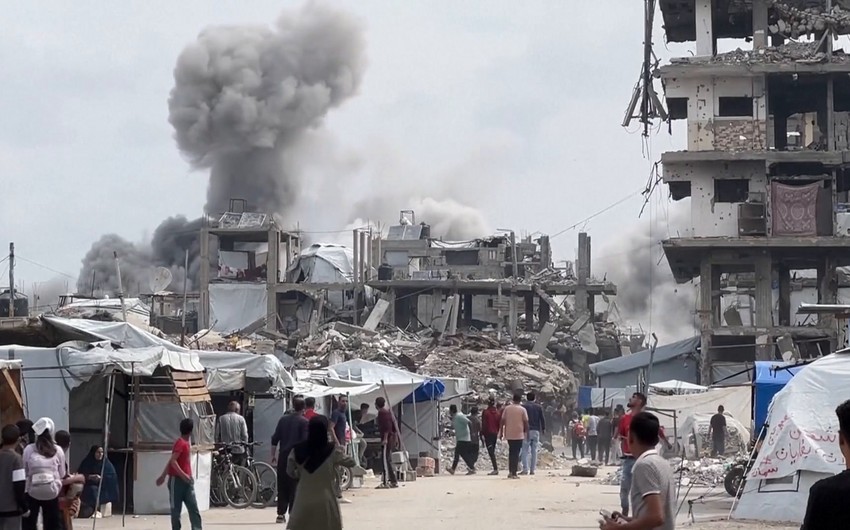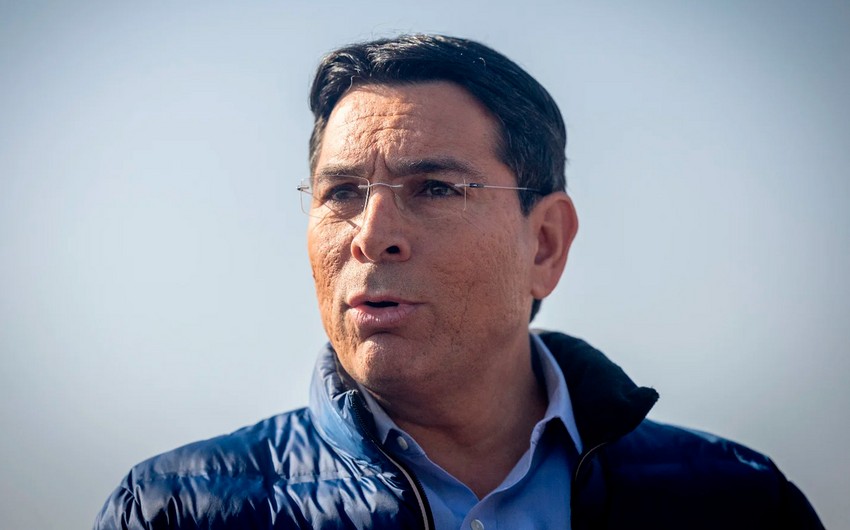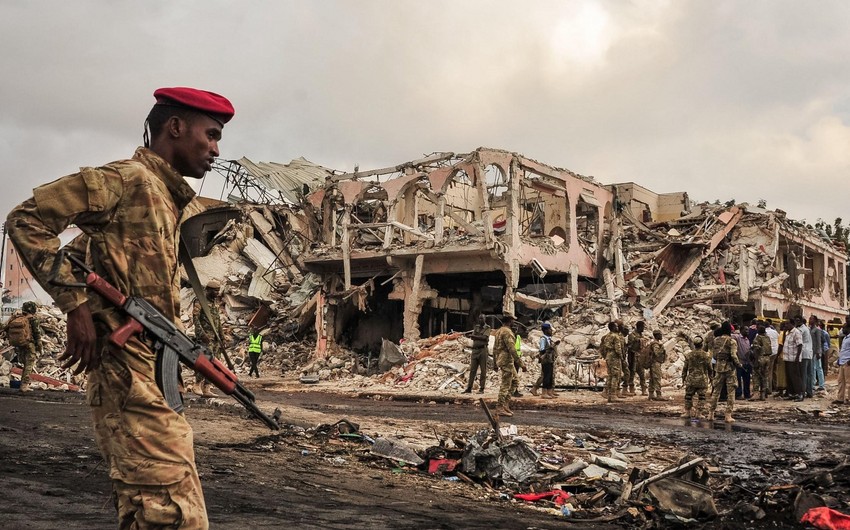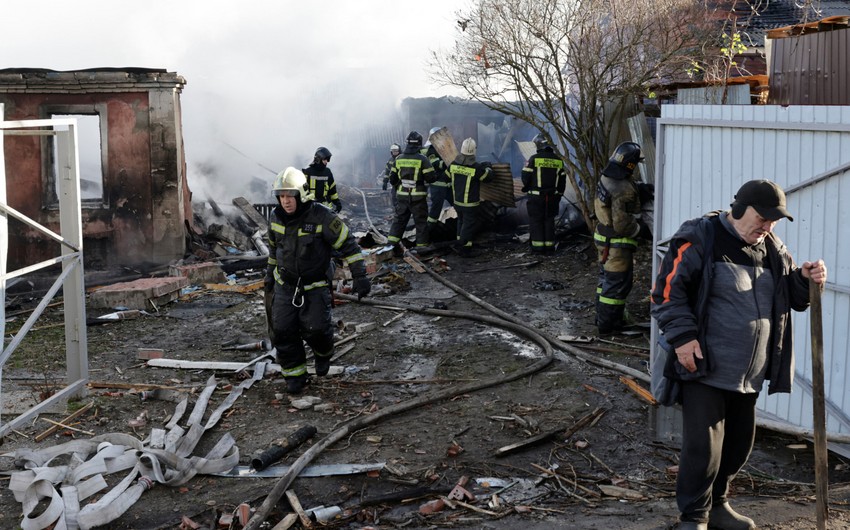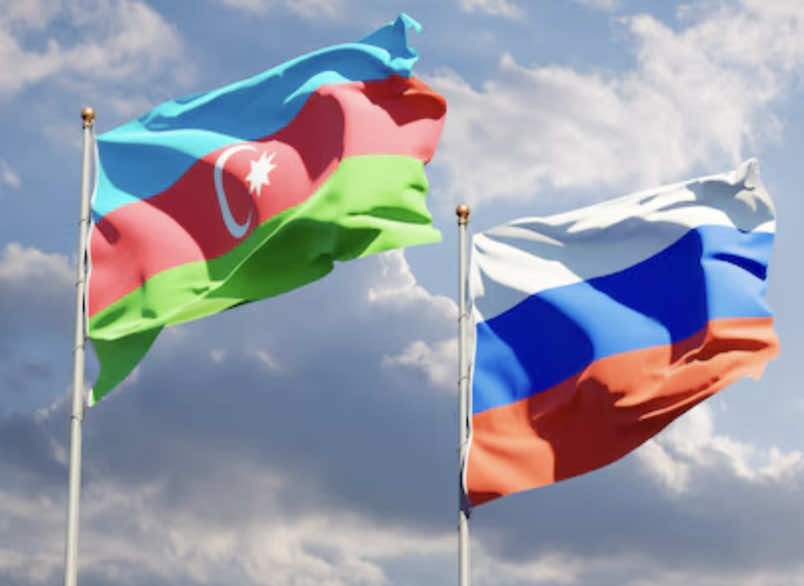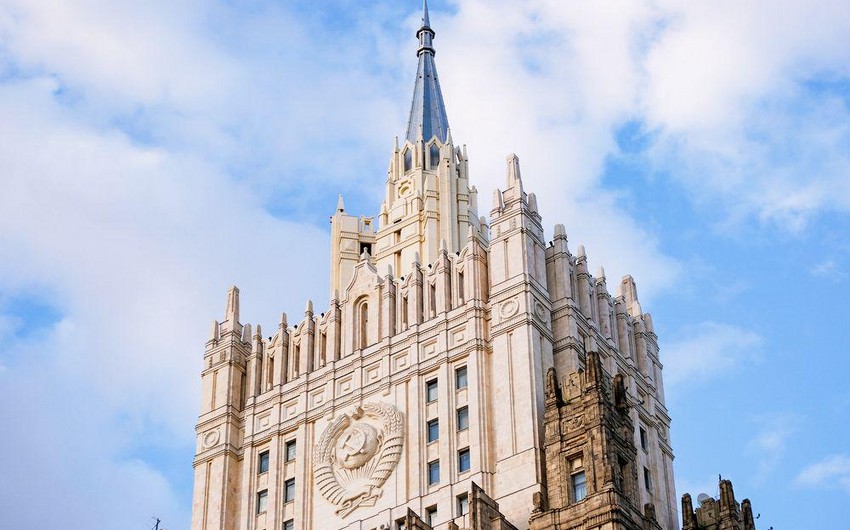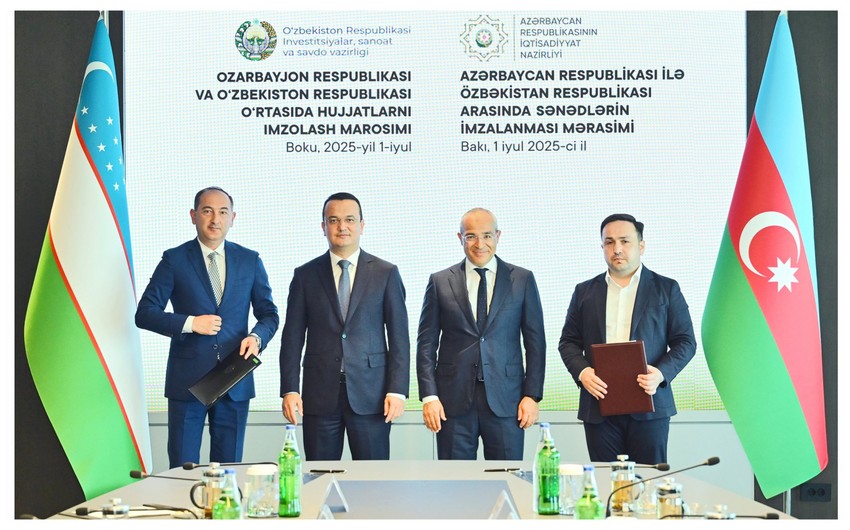The EU is planning to firm up criticism of Russian aggression at its next Ukraine summit, as low-intensity fighting continues to claim lives.
It plans to call out Moscow for amassing forces on Ukraine's border, in what looked like an imminent invasion, back in spring.
"We remain deeply concerned about the ... unprecedented large-scale military build-up close to its [Russia's] border with Ukraine and in the illegally-annexed Crimea and the city of Sevastopol," the EU aims to say in a communiqué on 12 October, after top EU officials Charles Michel and Ursula von der Leyen meet Ukrainian president Volodomyr Zelensky in Kyiv.
"We strongly urge Russia to ... provide more transparency and to credibly explain the deployment of military forces and equipment in these areas," the summit conclusions, drafted on Monday (13 September) and seen by EUobserver, said.
Russia invaded east Ukraine in 2014 in a low-intensity war which has cost 15,000 lives.
Another 30 soldiers were killed and 50 wounded in August and early September, according to Ukrainian sources.
And there were dozens of explosions and small-arms fire ceasefire violations, as usual, this week according to a Special Monitoring Mission from the Organisation for Security Cooperation in Europe (OSCE), an intergovernmental body based in Austria.
Things took a step back on Thursday, when Russia, at a meeting in Vienna, declined to extend the mandate of the OSCE's special Border Observation Mission, which had been keeping an eye on checkpoints on the contact line.
And the EU aimed to voice "regret" over the Russian move, in Kyiv in October, saying it "contradicts the spirit of the Minsk agreements [a ceasefire accord] and does not contribute to the peaceful resolution of the conflict".
The draft EU declaration used more strident language on Russia's role in the war than the last EU-Ukraine summit conclusions from 2020.
It highlighted "Russia's responsibility as a party to the conflict", giving the lie to Russia's use of covert forces and disinformation to mask Moscow's involvement.
"We condemn the violations of the ceasefire by Russia-backed armed formations and call on Russia to fully assume its responsibility in this regard," the EU planned to say.
The draft text condemned Russia's decision "to close parts of the Black Sea to non-Russian military and state vessels".
And it called on Russia to "refrain from impeding the lawful exercise of navigational rights and freedoms", following an incident in June when Russian forces trained guns on a British warship sailing close to Russia-occupied Crimea.
However, most of the draft 2021 EU conclusions were copy-pasted verbatim from the 2020 ones, showing how little the conflict had moved on.
Russia was still "fuelling" fighting, holding illegitimate elections, and issuing Russian passports in occupied zones, the EU complained.
And the EU renewed its vow to uphold economic sanctions.
Pipeline threat
But things also took a step back for Ukraine earlier this month when Russia completed its Nord Stream 2 gas pipeline to Germany, enabling it to cut off Ukraine's EU gas-transit industry.
Germany has promised to impose new EU sanctions on Russia if it did so.
And the EU "reaffirmed Ukraine's role as a strategic transit country for gas and reiterated our support to continue gas transit via Ukraine beyond 2024", in its Kyiv statement.
But for some commentators the EU statement failed to capture the seriousness of the pipeline threat.
"Silence on Nord Stream 2 as a security threat and any bilateral consultations on Nord Stream 2 between Ukraine and the [EU] Commission," was a "key shortcoming of the EU declaration," for Kostiantyn Yelisieiev, a Ukrainian former presidential aide and EU ambassador.
"No mentioning on strengthening of sanctions against Russia" or the "need to impose EU sanctions against those responsible for elections in the occupied territories," were also shortfalls, he told EUobserver.
Meanwhile, the draft 2021 conclusions also hardly changed a word from 2020 on Ukraine's internal problems, in another sign of stagnation.
Both texts spoke of the need for "de-oligarchisation" and anti-corruption reform.
And the 2021 draft-statement raised fresh alarm on the quality of Ukraine's internal intelligence service, the Sluzhba bezpeky Ukrayiny (SBU).
"We underlined the importance of the security sector reform, in particular the adoption of the law on the security service of Ukraine that provides a solid basis for the transformation of the security service of Ukraine into a modern agency with well-defined functions and strong democratic oversight," the EU planned to say.
Good news
There was some good news, with the draft EU text planning to authorise the release of €600m in macro-financial assistance.
It also welcomed the fact Ukrainians could travel once again to the EU, despite Covid-19, and welcomed an EU decision to recognise Ukraine's vaccine certificate.
But Europe, as ever, did not give an inch on Ukraine's enlargement hopes.
"We acknowledged the European aspirations of Ukraine and welcomed its European choice," the draft EU communiqué said, copy-pasting language from an Association Treaty in 2014.
"There was, as traditionally, nothing new on perspectives of future relations," Yelisieiev, who helped negotiate the treaty and who now runs New Solutions Centre, a think-tank in Kyiv, said.
There was "even watering down of the language" on Ukraine's EU "aspirations", he said.


